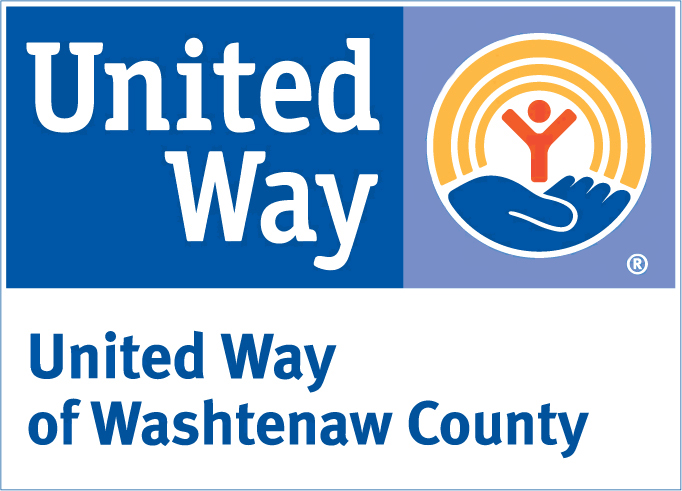United Way of Washtenaw County Invests $825,000 in Local Programs to Strengthen Safety Net of Support

ANN ARBOR – United Way of Washtenaw County (UWWC) announced recipients of its Opportunity Fund and Transition Fund grants. UWWC is committed to the health and vitality of this community and to make sure a strong safety net of health and human services is available to people in Washtenaw County.
A total of $625,000 in general operating support in the form of Transition Fund grants was awarded to all local nonprofits that were funded through the previous Washtenaw Coordinated Funding (COFU) funding cycle. A list of award recipients is available by clicking here.
An additional $200,000 was distributed through the Opportunity Fund to address the downstream impacts of continued racial and economic inequity in Washtenaw County. Funded organizations are delivering solutions that prioritize people with low incomes and communities of color. Funding decisions are based on decisions made by community volunteers who make up the Community Impact Committee. A list of award recipients is available by clicking here.
“Thank you to our donors, businesses, and volunteers that make these investments possible,” shared Pam Smith, President and CEO of UWWC. “Washtenaw County nonprofit programs help thousands of people every day who continue to need our support.”
UWWC will continue to provide new funding opportunities that advance our vision, focus on racism, poverty and trauma, and are informed by current community conditions. We are not a single cause organization and by LIVING UNITED, we are committed to partnering with others to achieve a state where one’s zip code no longer predicts your opportunity in Washtenaw County.
For a full list of programs and descriptions, visit our website at uwgive.org/grants.
About United Way’s Opportunity Fund
Grants provide support for organizations whose work benefits priority populations in Washtenaw County: populations with lower incomes, communities of color and groups deemed to be marginalized. In addition to the above, these grants are meeting an emergent, unmet need; piloting a promising or evidence-based practice; or prioritizing systematic racial equity.

























